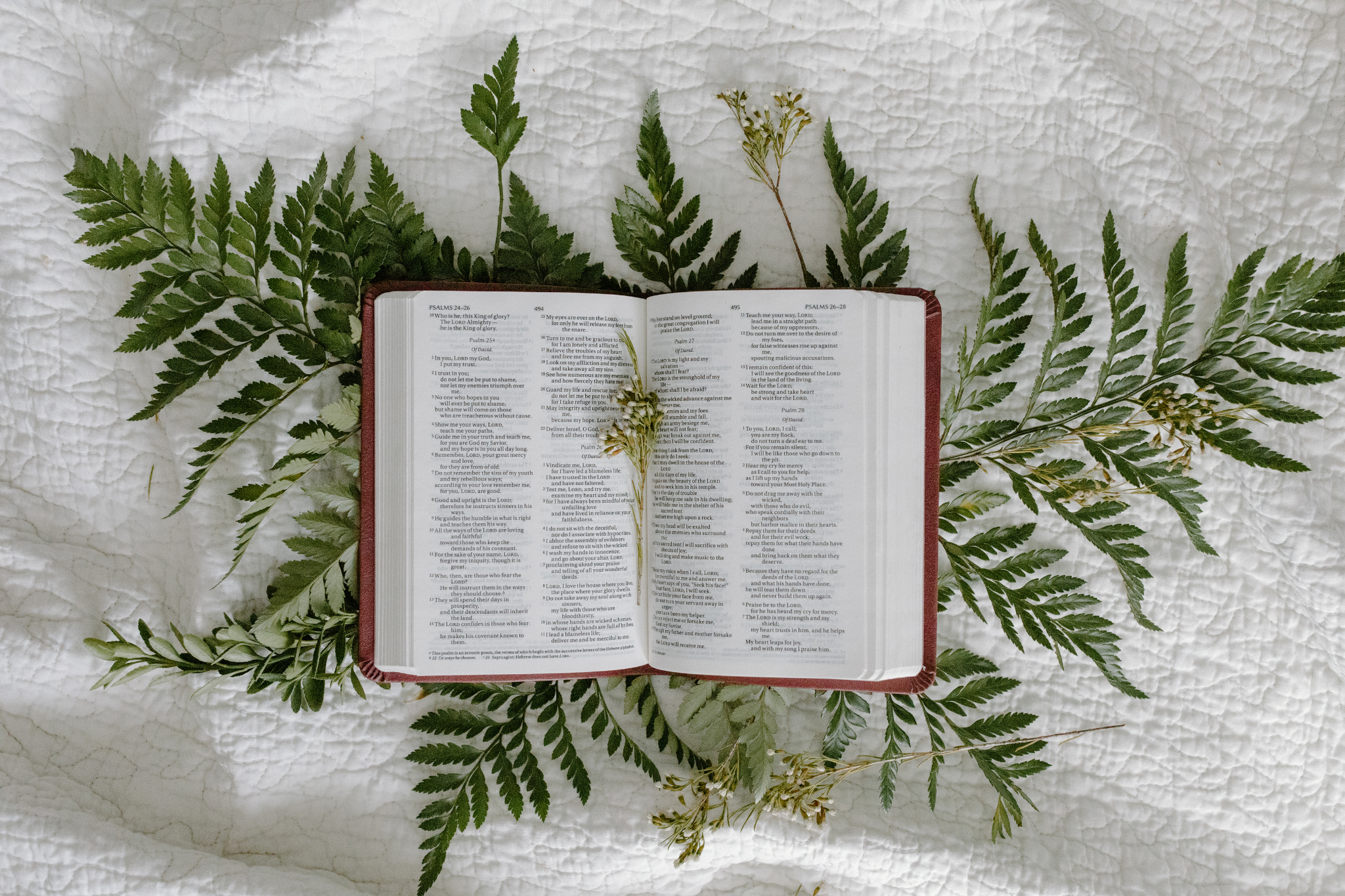Did Jacob Physically Wrestle with God?
If you've read Genesis 32, you've likely found yourself questioning, "Did Jacob physically wrestle with God?" This is a natural question to have after reading this chapter, and it has amassed many opinions online.
When I was applying for seminary a friend told me, "I hope that wherever you go, you don't just accept another person's opinion of the bible, but you come to your own conclusion about what you believe." The story of Jacob wrestling God is the first moment where I've had to encounter a lot of opinions and ultimately come up with my own. This is 100% my opinion on the encounter, based on what is available in the bible, and what makes the most sense to me.
Did Jacob Physically Wrestle with God:
Genesis 32: 24-30 says the following:
24 ...And a man wrestled with him until the breaking of the day. 25 When the man saw that he did not prevail against Jacob, he touched his hip socket, and Jacob's hip was put out of joint as he wrestled with him. 26 Then he said, “Let me go, for the day has broken.” But Jacob said, “I will not let you go unless you bless me.” 27 And he said to him, “What is your name?” And he said, “Jacob.” 28 Then he said, “Your name shall no longer be called Jacob, but Israel, for you have striven with God and with men, and have prevailed.” 29 Then Jacob asked him, “Please tell me your name.” But he said, “Why is it that you ask my name?” And there he blessed him. 30 So Jacob called the name of the place Peniel, saying, “For I have seen God face to face, and yet my life has been delivered.”
I am a firm believer that the bible often says what it says and we don't need to look for too many contextual clues or overthink details too much to come up with an answer for whether or not Jacob truly wrestled with God.
Some biblical commentators believe that this was an encounter with Satan as an angel, that Satan gave Jacob a new name, and that Jacob couldn't have overcome a battle with God, and so many details. While that could be the case, I tend to look toward what the text is saying, and to me, it does not seem like this is speaking about a battle with the adversary.
Jacob Asks "the man" for a Blessing:
The first clue for me is in verse 26 when Jacob asks for the "man" to bless him. I believe that Satan does not have the spiritual gift to bless others. This would mean this would at the least have to be an angel of The Lord, or God himself.
The Man Says He's God without Saying It:
The second clue is when Jacob asks, "Please tell me your name." The individual responds, "Why is it that you ask my name?" This is another clue to me that points to this being a wrestle with God because there are countless instances in the bible where God and Jesus are asked who they are, and instead of saying who they are, they respond with questions similar to this. Some examples:
In Exodus 3:14 God tells Moses, "I am who I am". In John 33-34, Pilate asks Jesus if he is King of the Jews, and Jesus responds by asking, "Do you say this of your own accord, or did others say it to you about me?". In Matthew 16 Jesus asks his disciples, "Who do you say that I am?" There are many references to the bible where this question of "Who are you" is met with another question, or God and Jesus giving a vague response and not coming out and directly answering the question. I see this reference in verse 29 to be no different.
Jacob Says He Saw God Face to Face:
Lastly, verse 30 clearly says, "So Jacob called the name of the place Peniel, saying, “For I have seen God face to face, and yet my life has been delivered.” He is telling us in this moment that he saw God face-to-face, which is why he named the location of the wrestling, "Peniel".
People who believe this could have been the adversary make the argument that the man wanted the fight over before the morning because they could only work their evil in the dark. I believe that when you look through the old testament and in the line where Jacob says, "and yet my life has been delivered", I think there was a fear that should Jacob see the Lord's face in the daylight he would die because of the holiness of the Lord. This was a belief held by the people of Israel in Exodus, which is why they did not see the Lord when he was on the mountain because his holiness would have killed those who were not worthy to be in his presence.
In this instance, the fact that Jacob did not die proves his holiness and oneness with God, and that he must have been spiritually on the same level as Moses and others who had seen God for this moment to not have killed him.










